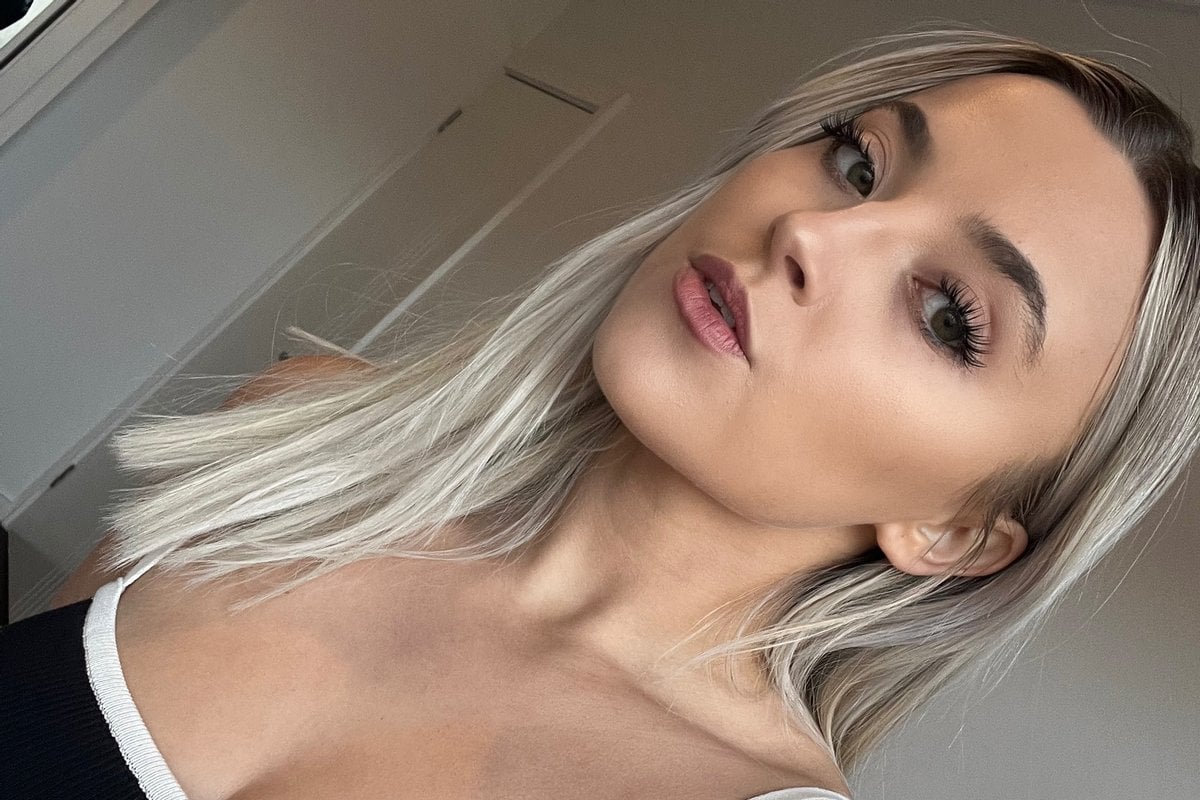
This article includes descriptions of disordered eating that may be distressing to some readers.
A year ago this month, TikTok announced it was cracking down on content that promoted disordered eating after countless reports proved that the previous policy (which already banned the direct promotion of eating disorders) clearly wasn’t working.
But an entire calendar year later, I find myself navigating a digital minefield of potentially triggering content – despite doing everything in my power to avoid this sort of content.
As a teenager of the Tumblr generation, where pro-ana (pro-anorexia) and, later, fitspo microblogs that promoted restrictive eating, starvation and cringe-worthy mottos like “nothing tastes as good as skinny feels” were all the rage, it is no surprise that my own eating disorder story is intrinsically connected to the internet.
And while I am, thankfully, now a mentally and physically healthy 24-year-old who has largely recovered from my disordered eating past, I know that this is a lifelong battle that requires ongoing management.
Watch: Ask Mia Anything | Overcoming My Eating Disorder. Story continues below.
For me, I make the active choice not to follow influencers in the health and wellness space. This isn’t to say they all promote toxic habits, but this blanket rule helps me to avoid falling into the comparison spiral or picking up new habits that I may take to an extreme. It is nothing against any individual influencers, it is simply about protecting my own peace.